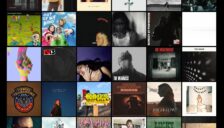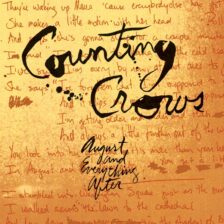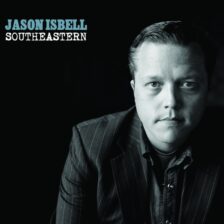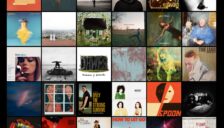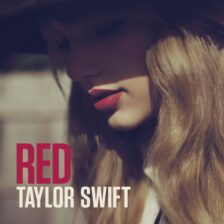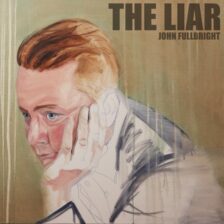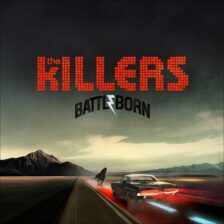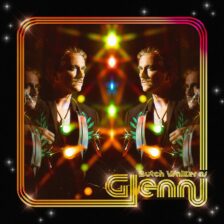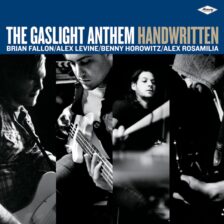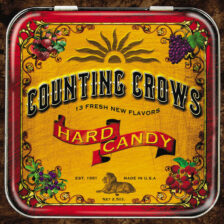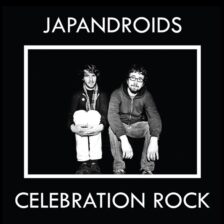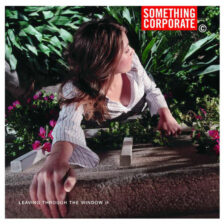A bar band balladeer playing songs in a smoky dive, hammering away at the piano and spilling his soul onto the keys as the hour gets progressively later and the inattentive crowd gets progressively more intoxicated. Or maybe there isn’t much of a “crowd” at all and he’s mostly playing for the bartender and a few drunk regulars. For so many musicians, these sentences describe a day-by-day and night-by-night reality. Getting gigs is easy; getting the audience to pay even an ounce of attention is hard. And yet, if you live that life, you still show up every night, seeking solace in the songs you’re playing and hoping that, one of these nights, even one other person will find meaning in them too.
We tend to think of careers in music as glamorous, but if you’ve actually tried your hand at one, you know the reality is something else entirely. It’s late nights and long tours and loneliness. It’s drunk people talking over your songs. It’s the sting of polite but passionless applause. It’s bar fights breaking up your set and derailing any momentum you felt you had going onstage. It’s the hope that maybe this song, maybe this show, maybe this night will be different; maybe this one will be the big break. And it’s the crushing disappointment of your reality consistently falling well short of your expectations.
On his 10th full-length album, Butch Walker turns all of this not-so-glamorous musical reality into fertile ground for the best music he’s made in years. The album in question, Butch Walker As…Glenn, is a not-quite-concept-album about a bar singer named Glenn (Butch’s middle name) and the songs he plays in his set on any given night, in any given pub, in any given town in America. Unlike Butch’s last album, 2020’s full-blown rock opera American Love Story, there isn’t really a firm narrative here. The concept is little more than a framing device, with the album starting on an introduction of the titular singer, ending with an encore, and featuring a skit about one of those aforementioned bar fights somewhere in the middle.
But listen to the songs themselves and you can hear how the spirit of the concept bled into Butch’s writing for this album. All the big-dream romanticism and all the weathered weariness of being a working-class career musician is there in the music, and the album knits those conflicting emotions and moods together into a surprisingly poignant treatise on resilience and the beauty of a no-frills, knockout song. Will Hoge once wrote: “Keep on dreaming if it breaks your heart.” Glenn is all about the musicians who keep dreaming that dream year after year, looking for moments of transcendence amidst colorful stage lights and bar floors sticky from decades worth of spilled beer. Some nights, you find that transcendence. Other nights, it might as well be a billion lightyears away.
Read More “Butch Walker – As…Glenn”

